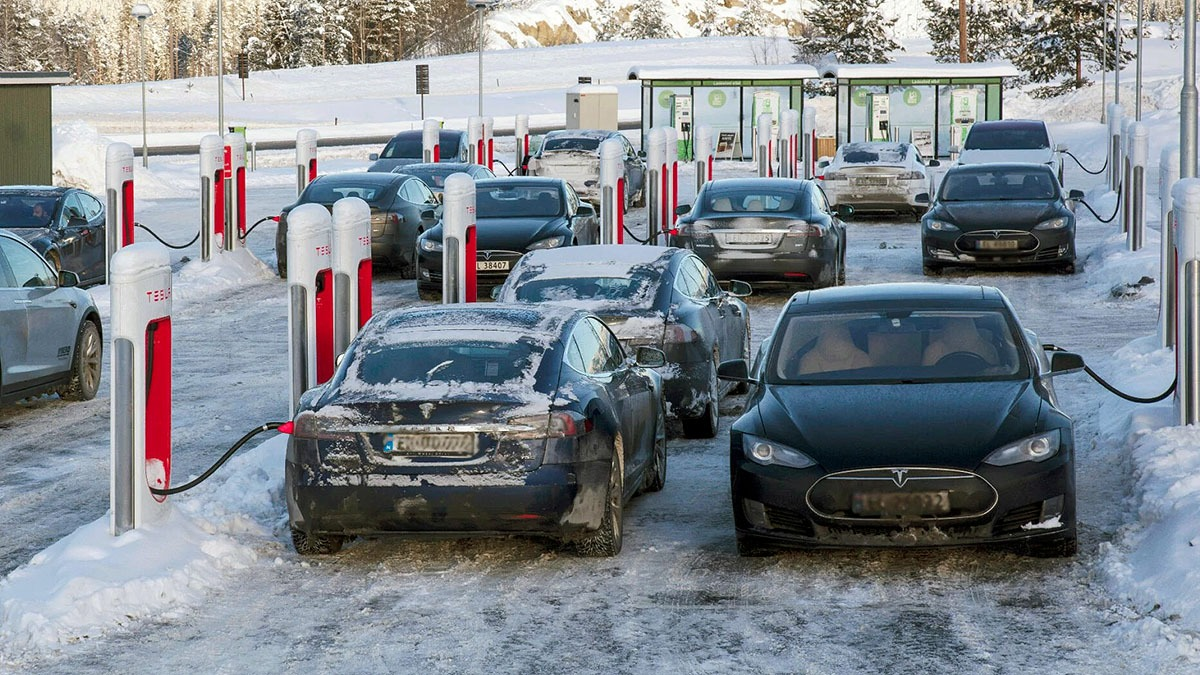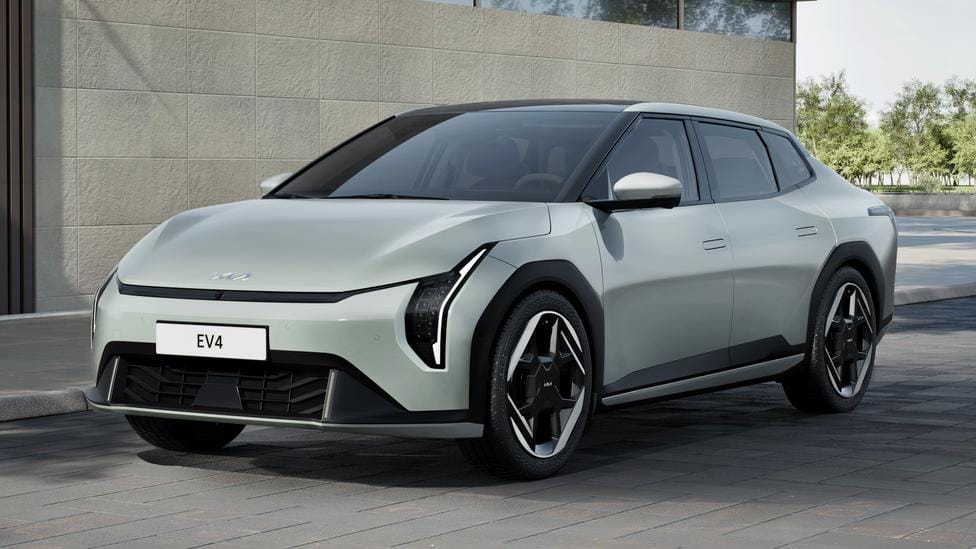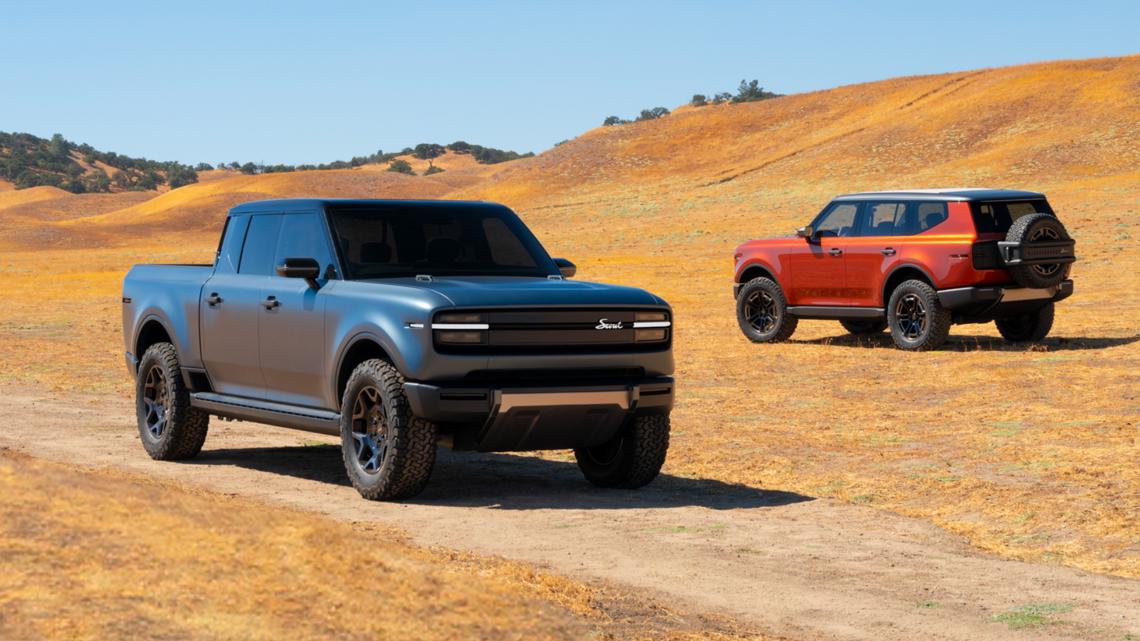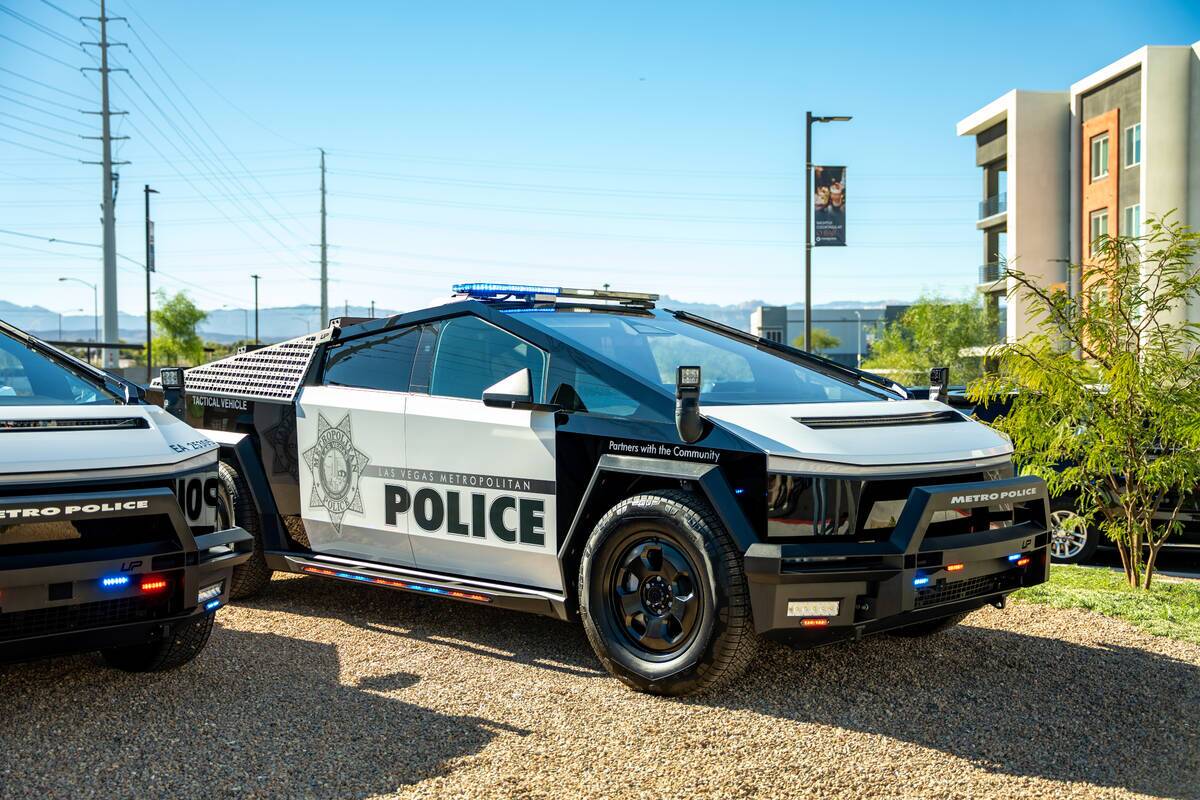Montpelier, Vermont (WRGB) — Dans un changement de politique majeur, le gouverneur Phil Scott a signé le décret 04-25 , ordonnant à l' Agence des ressources naturelles du Vermont de suspendre l'application des mandats régionaux de vente de véhicules électriques (VE). Ces mandats faisaient partie d'un accord multi-États obligeant les constructeurs automobiles à atteindre des objectifs de vente de plus en plus ambitieux pour les véhicules de tourisme ainsi que pour les camions moyens et lourds .
Un appel à une adoption réaliste des véhicules électriques
Le gouverneur Scott a souligné que même s'il reste déterminé à promouvoir l'énergie propre, l'infrastructure et la préparation technologique du Vermont n'ont pas encore atteint le niveau requis pour soutenir les mandats.
« Je continue de penser que nous devrions inciter les Vermontois à adopter des énergies plus propres, comme les véhicules électriques », a déclaré Scott. « Cependant, nous devons être réalistes quant au rythme réalisable. »
Ce décret intervient alors que le Vermont est confronté à un manque d'infrastructures de recharge généralisées , notamment en zone rurale , et à une disponibilité limitée d'options de véhicules électriques rentables , notamment dans le secteur des poids lourds . Scott a souligné que ces obstacles ralentissent l'adoption et rendent difficile l'application des quotas de vente actuels.
Le rôle du Vermont dans l'accord multi-États
Le Vermont avait déjà signé un protocole d'accord multi-États coordonné par le California Air Resources Board (CARB) , qui visait à atteindre 100 % de ventes de véhicules zéro émission d'ici 2035. Alors que des États comme la Californie, New York et le Massachusetts continuent de faire avancer ce plan , la décision de Scott marque une rupture avec l'alignement antérieur du Vermont.
Cette politique, désormais suspendue, aurait obligé les constructeurs automobiles à atteindre des pourcentages de ventes de véhicules électriques en hausse d'année en année. Le non-respect de cette règle aurait pu entraîner des sanctions et impacter la disponibilité des véhicules dans l'État.
Obstacles à l'adoption des véhicules électriques dans le Vermont
Le Vermont a été l’ un des premiers à adopter une législation soucieuse du climat, mais il est confronté à des défis uniques en matière d’électrification des transports :
-
Infrastructures de recharge insuffisantes : de nombreuses communautés rurales n’ont pas accès à des bornes de recharge rapide de niveau 2 ou à courant continu , ce qui rend l’utilisation de véhicules électriques sur de longues distances ou à des fins commerciales peu pratique.
-
Coûts initiaux élevés : malgré les incitations fédérales et étatiques, le coût initial des véhicules électriques reste un obstacle pour de nombreux Vermontois.
-
Préoccupations liées au climat froid : les performances des batteries dans des conditions hivernales difficiles continuent d’être une préoccupation parmi les acheteurs potentiels de véhicules électriques.
-
Limitations des flottes commerciales : Le manque de modèles électriques avancés et fiables pour les camions moyens et lourds rend difficile la transition pour les entreprises locales et les flottes gouvernementales.
Un changement de stratégie
Le décret de Scott n'abandonne pas les objectifs climatiques de l'État : il suspend l'application de la loi tout en marquant une transition vers des approches incitatives et privilégiant les infrastructures . Il a souligné la nécessité de :
-
Un meilleur accès à la recharge dans tout l'État
-
Technologie améliorée pour les véhicules électriques lourds
-
Des modèles de véhicules électriques plus abordables
-
Une meilleure éducation et des incitations pour les consommateurs
« Il nous reste encore beaucoup à faire pour rendre l'achat, l'entretien et la recharge des véhicules électriques plus pratiques, plus rapides et plus abordables », a déclaré Scott. « Lorsque ce sera fait, il y aura plus de chances que les Vermontois adoptent cette solution. »
Implications plus larges
La décision de Scott reflète la tension croissante entre les objectifs politiques ambitieux et la réalité du terrain . Alors que l'adoption des véhicules électriques continue de s'accélérer à l'échelle nationale, des États comme le Vermont commencent à reconnaître que la préparation des infrastructures est une priorité.
Il reste à voir si les autres États de la coalition suivront l'exemple du Vermont ou redoubleront d'efforts en matière de mandats. Mais le message de Montpelier est clair : la transition doit être concrète, et pas seulement ambitieuse .
Voir plus de blogs et d'actualités à propos du Vermont sur le site officiel d'EVDANCE.








Partager:
Mazda vient-elle de déposer un brevet qui mettra fin à la MX-5 ? Absolument.
GM surpasse Tesla sur le marché chinois des véhicules électriques : un signal d'alarme pour le pionnier américain des véhicules électriques